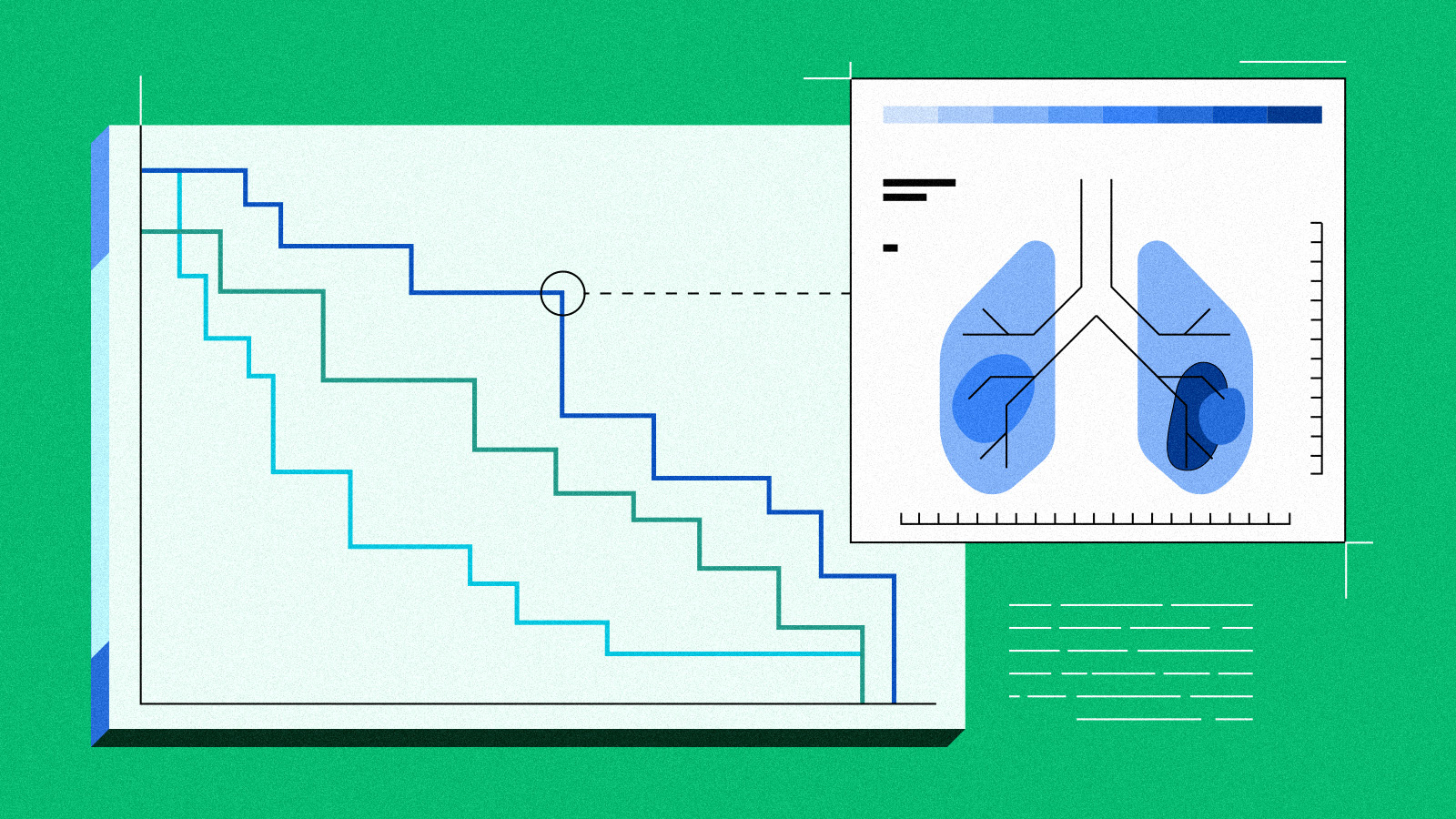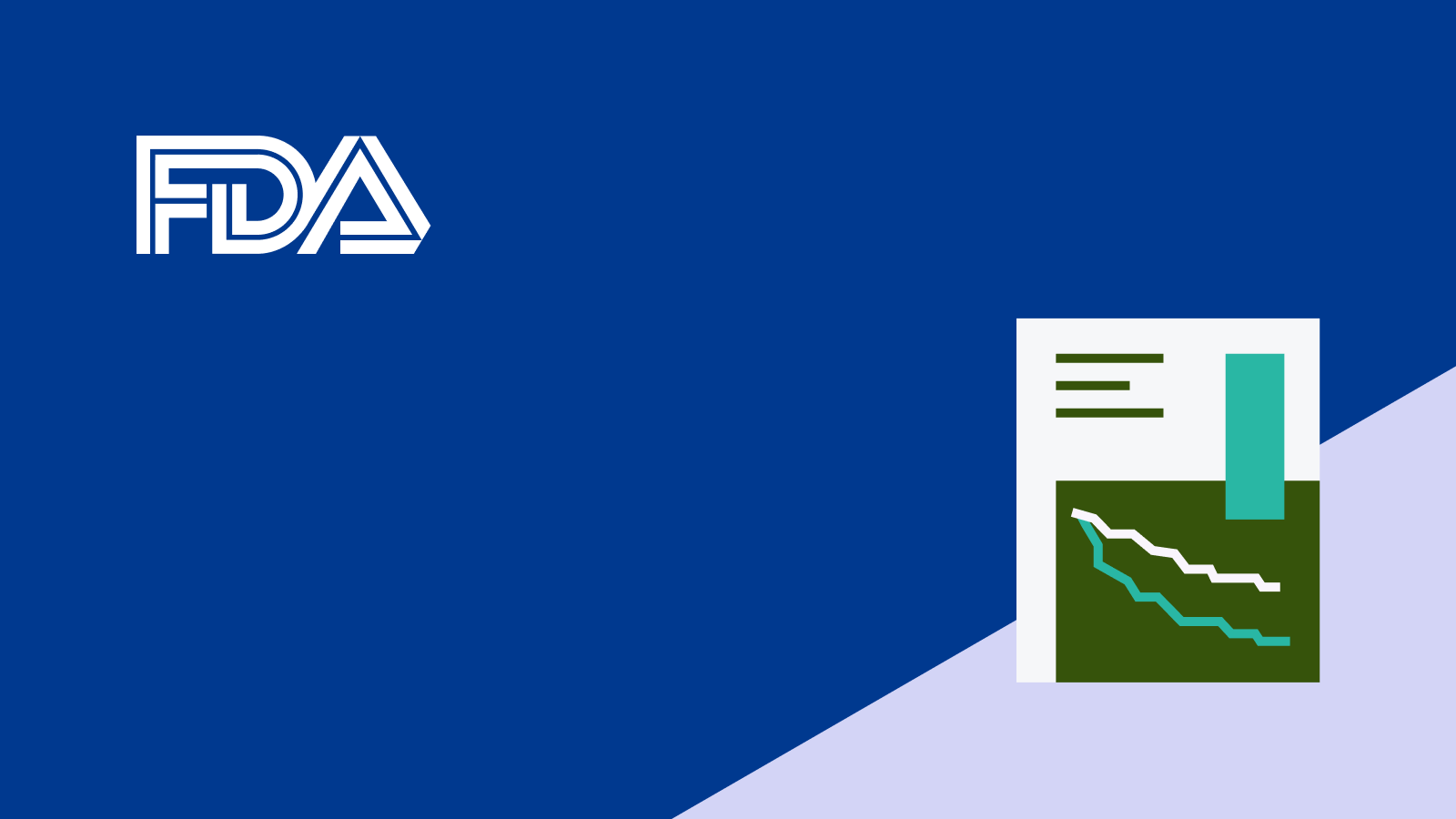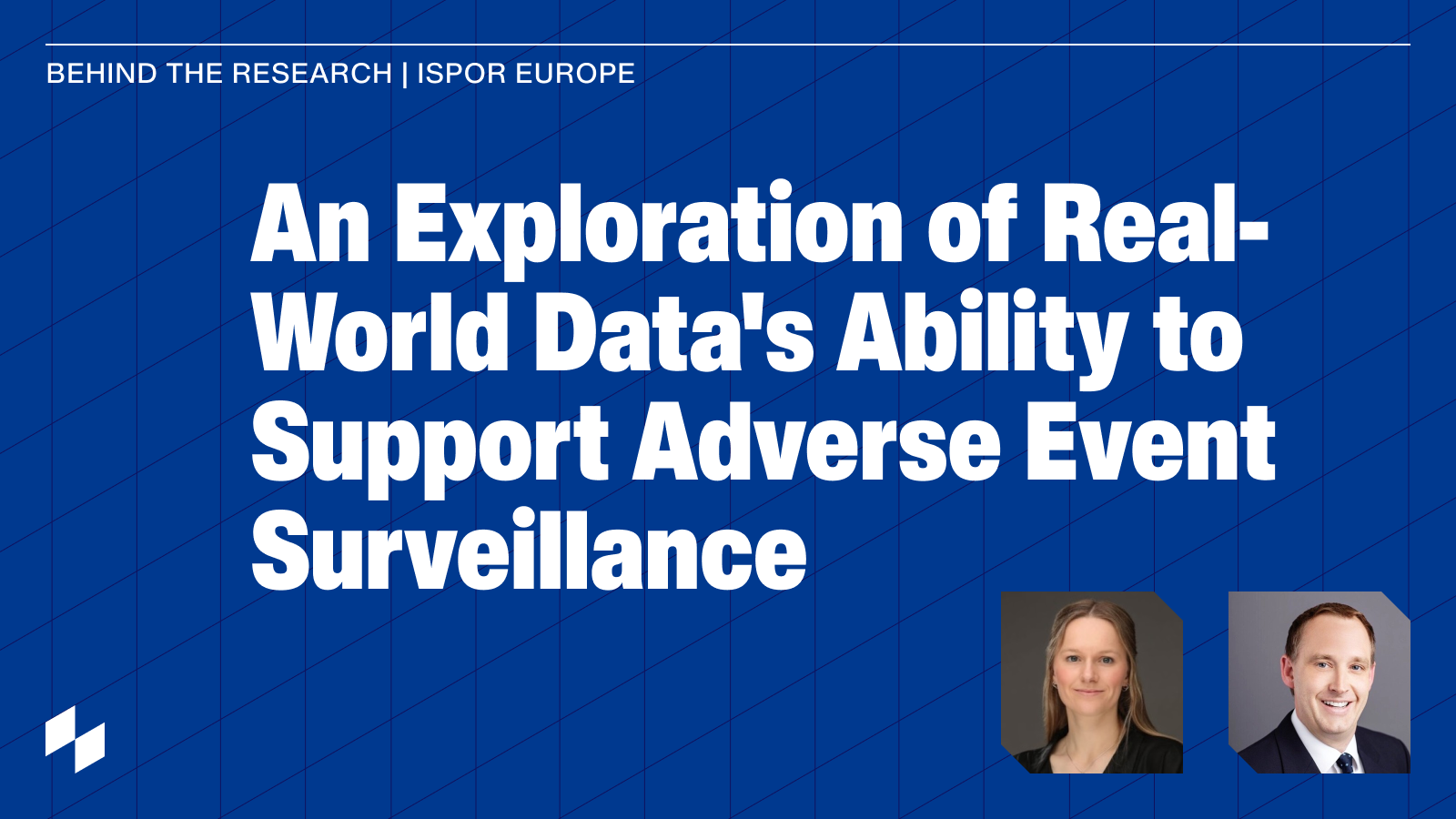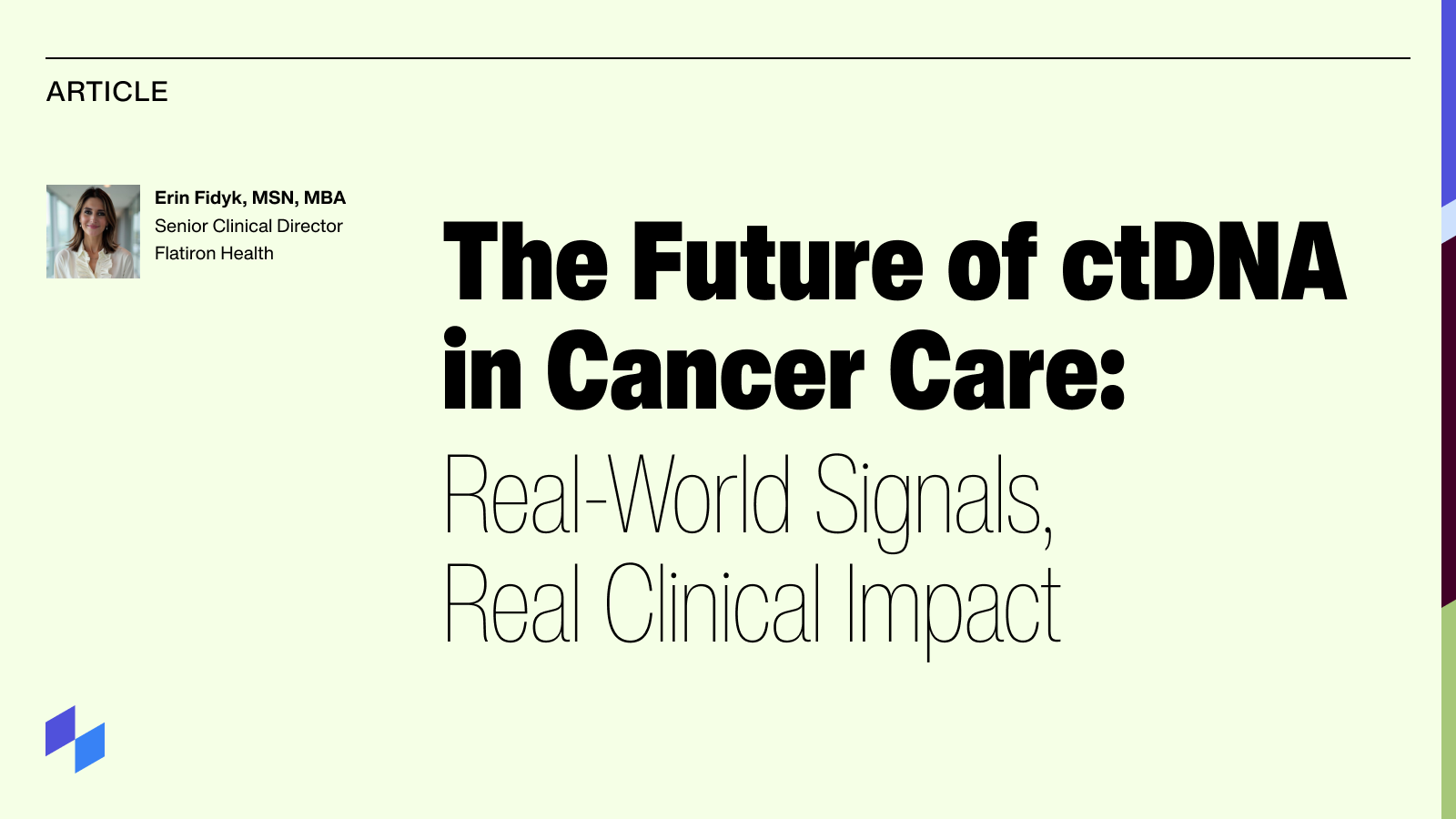In clinical research, scientists often use standardized criteria, such as Response Evaluation Criteria in Solid Tumors (RECIST), to assess the efficacy of cancer treatments. Treatment effectiveness metrics from real-world research can be used to generate interpretable real-world evidence (RWE) to support decision-making during clinical development or regulatory processes, having been used to support label expansions and provide natural history information.1,2 However, generating real-world response data presents unique challenges as the method and timing of response assessments and response determination can vary. In addition, the information derived from clinician notes, radiology reports and imaging sources used to generate real-world data (RWD) may not be complete and consistently collected in the electronic health records (EHR).
Previous work by Flatiron demonstrated the feasibility and reliability,3,4 respectively, of collecting real-world progression (rwP) and real-world response (rwR). These measures were based on clinician assessment of worsening disease and documented level of response made at the time points imaging results were available. These variables have been used to gain insights into the clinical trajectory of patients outside the clinical trial setting. Flatiron also demonstrated the infeasibility of capturing a real-world version of RECIST from EHR documentation through its research.3
To address the challenges of documenting real-world response, Friends of Cancer Research initiated a collaborative effort involving multiple stakeholders, including the U.S. Food and Drug Administration (FDA) and data partners.5 This study builds on prior pilot projects driven by Friends of Cancer Research from 2018-2020.6 The objectives of the study were to assess available data attributes from diverse RWD sources and establish a framework for consistent evaluation of rwR across RWD sources.5
Study Methods
The study included a cohort of 1,380 patients with metastatic non-small cell lung cancer (mNSCLC) undergoing first-line platinum doublet chemotherapy from seven EHR data providers. A common protocol and statistical analysis plan were followed to ensure uniformity. Researchers evaluated the availability and frequency of data components essential for response assessment, focusing on raw images, radiology reports, and clinician assessments documented in provider notes. They examined various response endpoints, such as real-world response rate (rwRR) and duration of response (rwDOR), and their correlations with real-world overall survival (rwOS), time to treatment discontinuation (rwTTD), and time to next treatment (rwTTNT).
Study Results and Conclusions
The study found that radiology reports and clinician assessments were available for the majority of patients.6 The availability and timing of clinician assessments was relatively consistent across the patient cohorts, in contrast with considerable variability in the availability of images and the timing of images and radiology reports. Real-world response to treatment in this study was thus evaluated based on clinician assessments; the majority of clinician assessments relied on radiology reports.
rwRR among patients with mNSCLC was relatively consistent across all RWD sources, with a median rwRR of 46% (range: 38%-53%) and a median rwDOR of 119 days. Relative consistency in rwOS, rwTTNT, and rwTTD across datasets for responders versus non responders were also observed, providing confidence in the measure of response being attributed to clinical outcomes.
Along with previous findings on rwR,3,4 these findings from the Friends of Cancer Research rwR pilot provide further confidence that evaluating treatment effectiveness based on clinician assessments within RWD is feasible and that this approach may offer valuable insights for assessing drug effectiveness in real-world clinical practice. As stated by Dr. Robert Califf during the Friends of Cancer Research Annual Meeting on September 11, 2023, “There are a lot of places where real-world evidence is adjunctive to traditional clinical trials. And so, I think that’s a huge area that will just grow and grow and grow, because real-world evidence is going to be there.”7
The study was sponsored by Friends of Cancer Research, a non-profit organization committed to advancing cancer research and treatment. Friends of Cancer Research's collaborative efforts aim to bridge the gap between clinical trials and real-world cancer care by establishing consistent methodologies for using RWD and RWE in oncology. Friends of Cancer Research’s portfolio of RWE projects supports the development of high-quality, reliable real-world evidence for oncology drug development and regulatory decision-making.78
1. Kraus, A.L., et al. Real-World Data of Palbociclib in Combination With Endocrine Therapy for the Treatment of Metastatic Breast Cancer in Men. Clinical Pharmacology & Therapeutics. 2021.Kraus AL, Yu-Kite M, Mardekian J, et al. Real-World Data of Palbociclib in Combination With Endocrine Therapy for the Treatment of Metastatic Breast Cancer in Men. Clin Pharmacol Ther. 2022;111(1):302-309. doi:10.1002/cpt.2454.
2. Flatiron ResearchX. Beyond synthetic controls: Near-term opportunities for regulatory RWE. Oct 2021. https://flatiron.com/resources/new-dosing-regiment-cetuximab-rwd.
3. Ma X, Bellomo L, Magee K, Bennette CS, Tymejczyk O, Samant M, Tucker M, Nussbaum N, Bowser BE, Kraut JS, Bourla AB. Characterization of a Real-World Response Variable and Comparison with RECIST-Based Response Rates from Clinical Trials in Advanced NSCLC. Adv Ther. 2021 Apr;38(4):1843-1859. doi: 10.1007/s12325-021-01659-0.
4. Griffith SD, Tucker M, et al. Generating Real-World Tumor Burden Endpoints from Electronic Health Record Data: Comparison of RECIST, Radiology-Anchored, and Clinician-Anchored Approaches for Abstracting Real-World Progression in Non-Small Cell Lung Cancer. Adv Ther. 2019. Aug;36(8):2122-2136. doi: 10.1007/s12325-019-00970-1.
5. McKelvey BA, Garrett-Mayer E, Belli AJ, et al. Real-world response endpoints in patients with MNSCLC treated with chemotherapy across real-world datasets. Journal of Clinical Oncology. 2023;41(16_suppl):6595-6595. doi: 10.1200/jco.2023.41.16_suppl.6595.
6. A culmination of the real-world evidence pilot projects. Friends of Cancer Research. 16 Sept 2020. https://friendsofcancerresearch.org/blog/a-culmination-of-the-real-world-evidence-pilot-projects/.
7. Friends of Cancer Research Public Meeting: Supporting the Use of RWD in Oncology Drug Development. 21 Sept 2023. https://friendsofcancerresearch.org/blog/watch-now-supporting-the-use-of-rwd-in-oncology-drug-development.
8. Advancing RWE: Leveraging Data from Routine Care as a Research Tool. Friends of Cancer Research. Accessed Oct 2023. https://friendsofcancerresearch.org/wp-content/uploads/Advancing-RWE-Leveraging-Data-from-Routine-Care-as-a-Research-Tool.pdf.



